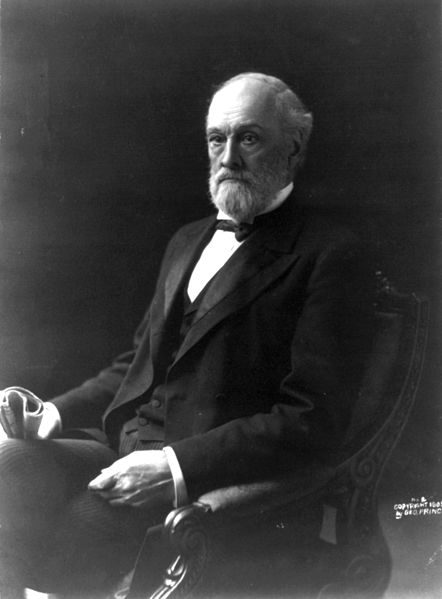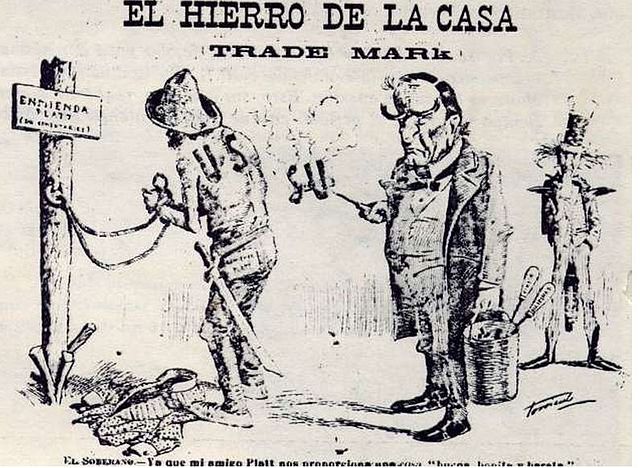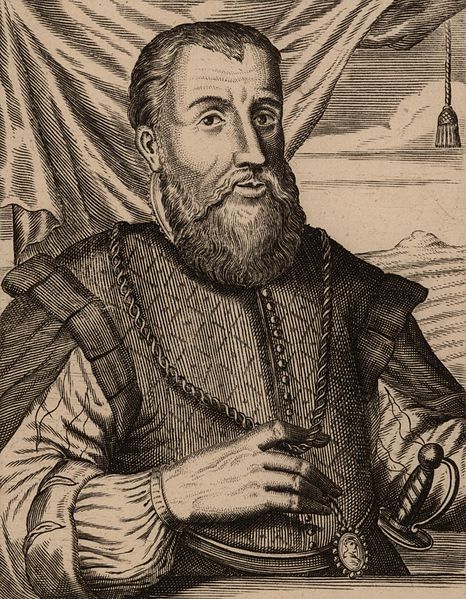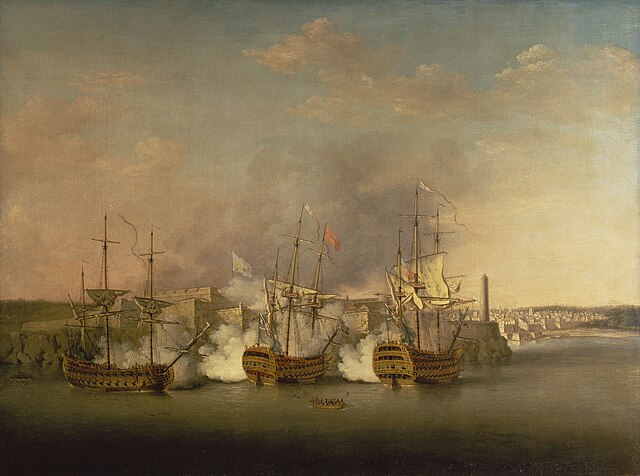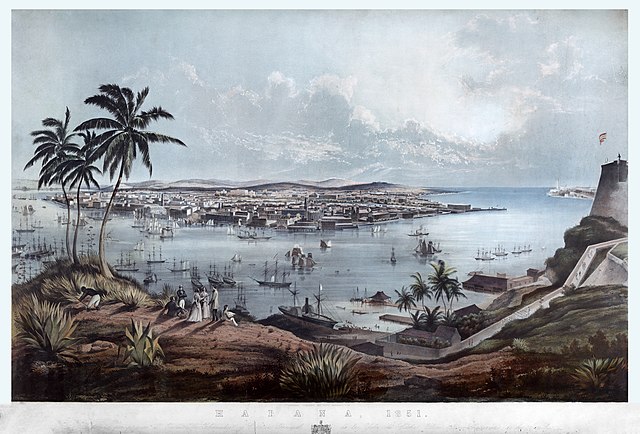On March 2, 1901, the Platt Amendment was passed as part of the 1901 Army Appropriations Bill. It stipulated seven conditions for the withdrawal of United States troops remaining in Cuba at the end of the Spanish–American War, and an eighth condition that Cuba signs a treaty accepting these seven conditions. It defined the terms of Cuban–U.S. relations essentially to be an unequal one of U.S. dominance over Cuba.
Senator Orville H. Platt, creator of the Platt Amendment
Cartoon protesting the Amendment
Platt Amendment, p. 1.
Platt Amendment, p. 2.
Cuba, officially the Republic of Cuba, is an island country, comprising the island of Cuba, Isla de la Juventud, archipelagos, 4,195 islands and cays surrounding the main island. Cuba is located where the northern Caribbean Sea, Gulf of Mexico, and Atlantic Ocean meet. Cuba is located east of the Yucatán Peninsula (Mexico), south of both the American state of Florida and the Bahamas, west of Hispaniola, and north of Jamaica and the Cayman Islands. Havana is the largest city and capital. Cuba is the third-most populous country in the Caribbean after Haiti and the Dominican Republic, with about 11 million inhabitants.
Diego Velázquez de Cuéllar, conquistador of Cuba
A painting of the British capture of Havana in 1762
Slaves in Cuba unloading ice from Maine, c. 1832
19th century view of Havana

